Every soda bottle, every plastic shopping bag, every little screw cap we use and dump in places other than a trash can and/or is recycled improperly eventually ends up in the ocean. Garbage patches of marine debris, containing mostly pelagic plastics and chemical sludge, as large as thousands of square kilometers are found in the Pacific and Atlantic Ocean. They are not visible with satellite photography because they float under the ocean’s surface – that’s why we only discovered them in the late 80s – but their effects are potentially catastrophic for animals and humans alike.
Because plastic does not biodegrade. It photodegrades. As it “breaks down”, it disintegrates into smaller and smaller pieces, down to the molecular level. The pieces become so small that they become part of the upper water column, and ultimately become small enough to be ingested by aquatic organisms that reside near the ocean’s surface. In this way, plastic may become concentrated in neuston, thereby entering the food chain. We’ve already seen the painful consequences for sea turtles and albatrosses on the Midway Atol, and proof of sea water pollution. It’s just a matter of time before it reaches us.
Some people are really mad about this. Like my sister Evelien, who has started her own little campaign at the office to save energy and use paper shopping bags. Or Delfine Bafort, who recently volunteered to be the face of Design to Waste! Out to sea? The Plastic Garbage Project, an exhibition in the Design Museum of Gent to raise money for The Ocean Cleanup, a crowd funding project that intends to fish 7.25 million tons of garbage from the sea over a period of five years. Delfine appears in a promo film taking off layer after layer of slogan T-shirts until she is topless. And at the museum designers demonstrate how garbage can be recycled to make furniture and other objects.
The slogan T-shirts are for sale at the museum gift shop from July 5th to October 12th, but if you’re not in the Gent area any time soon, you can also help by donating to the campaign. Find out more information on http://www.theoceancleanup.com.
Say no to Plastic! And take your top off.
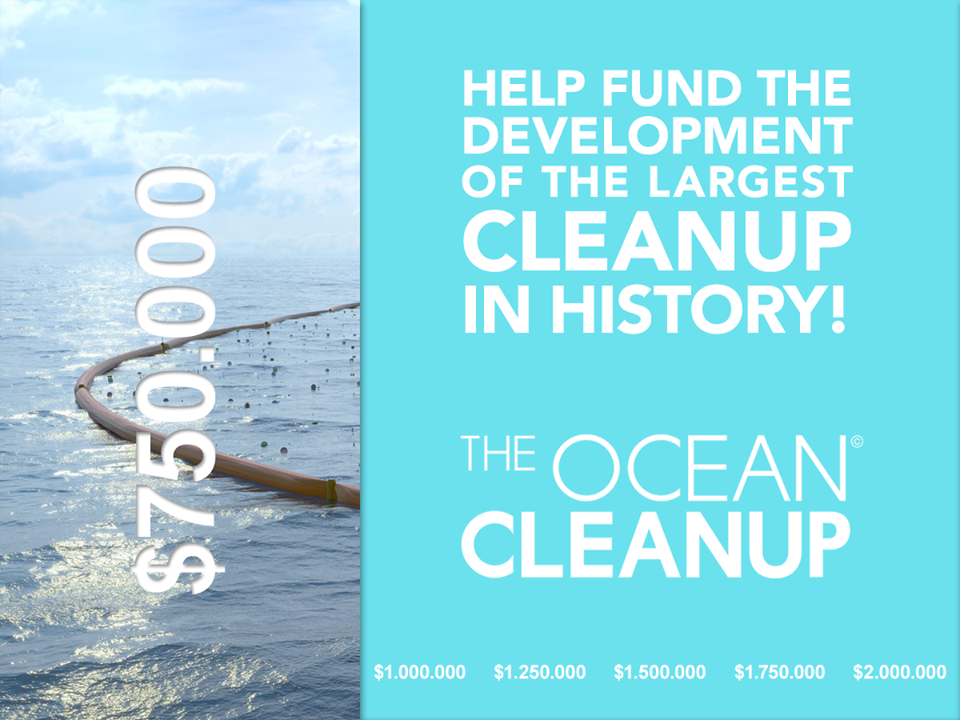
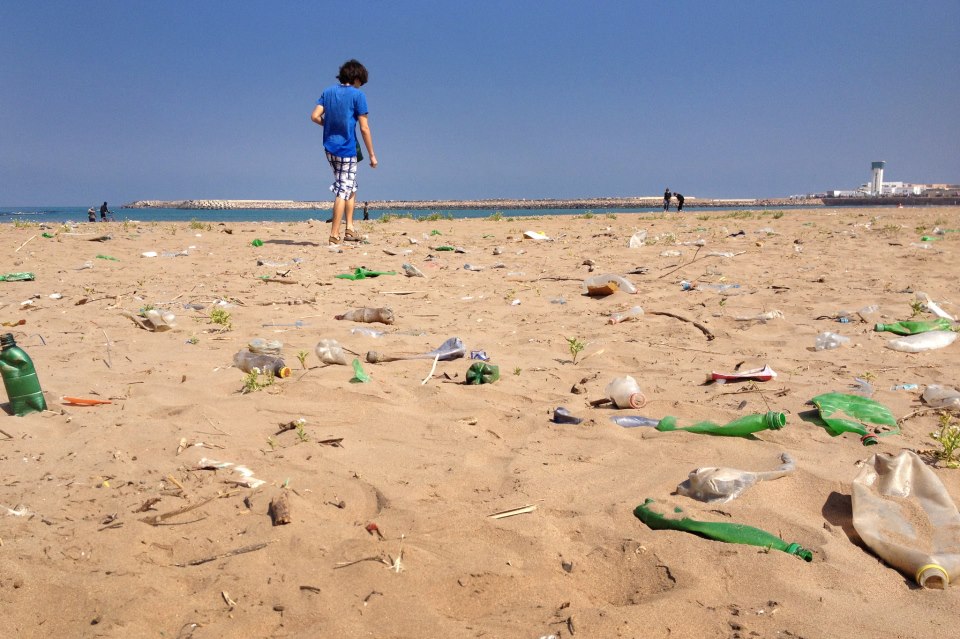
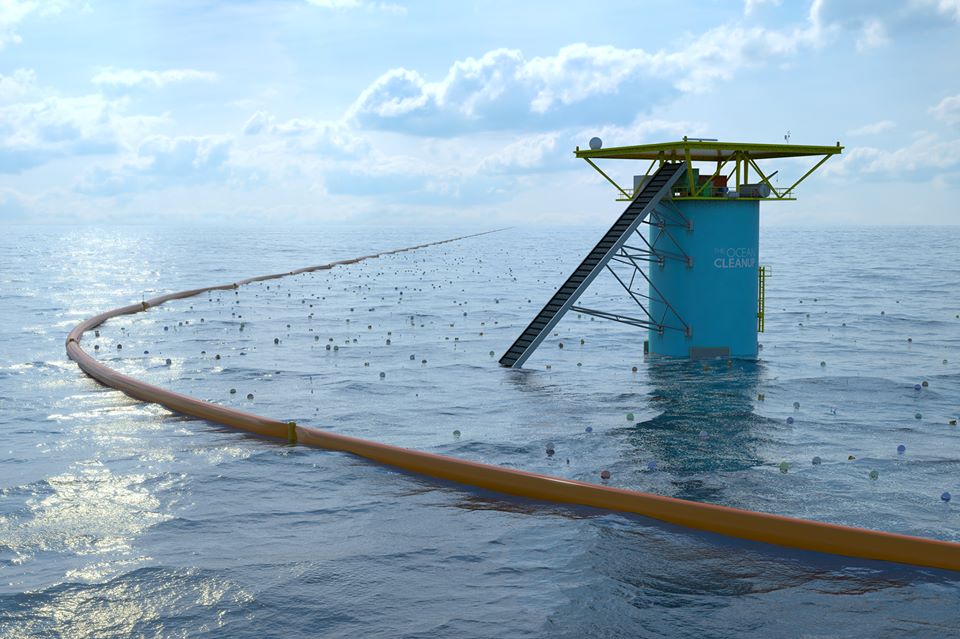
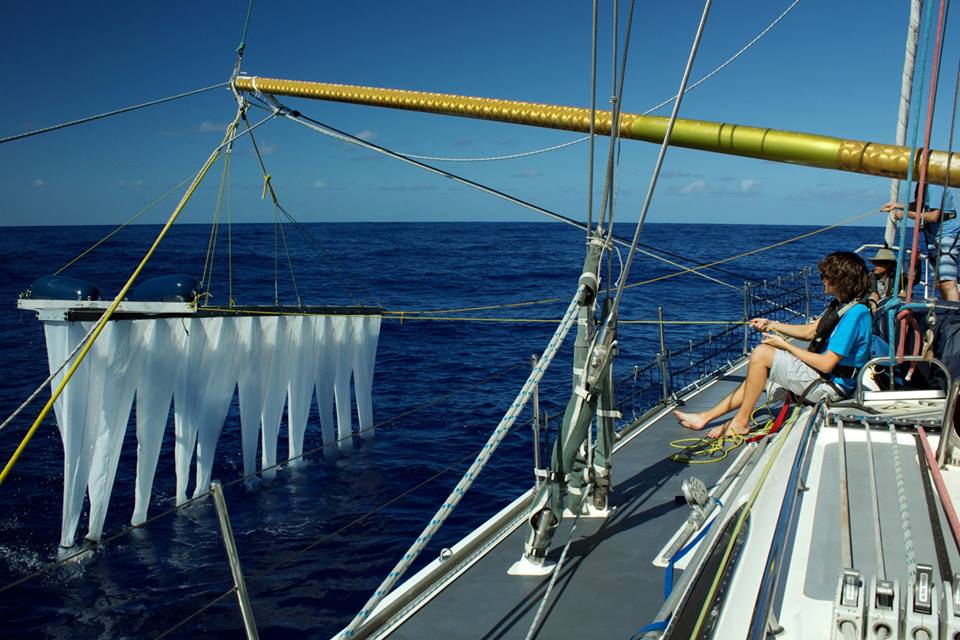
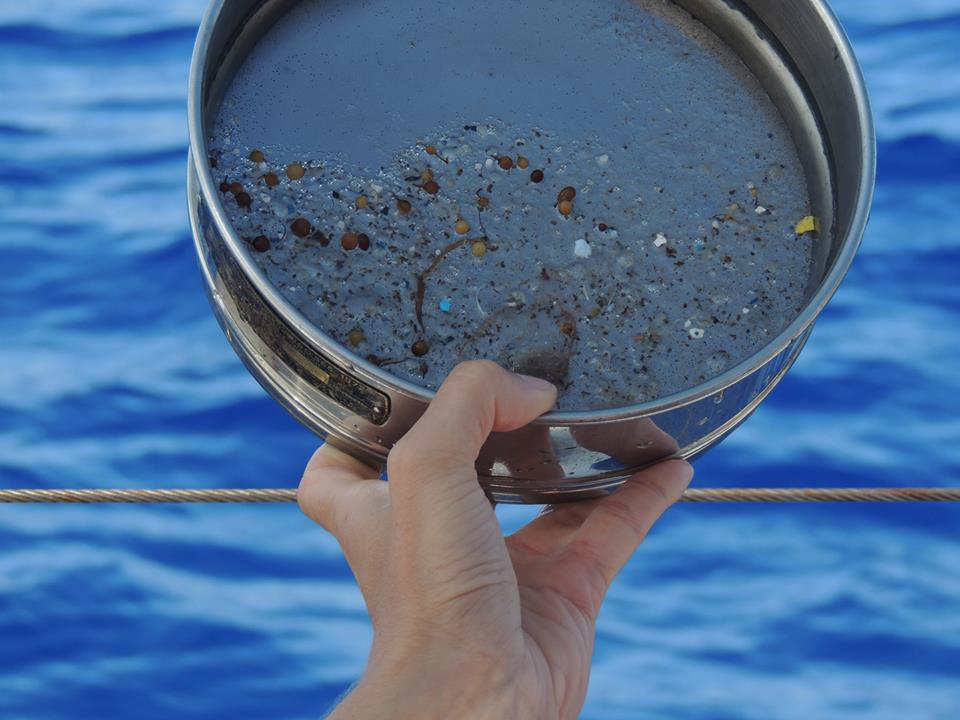
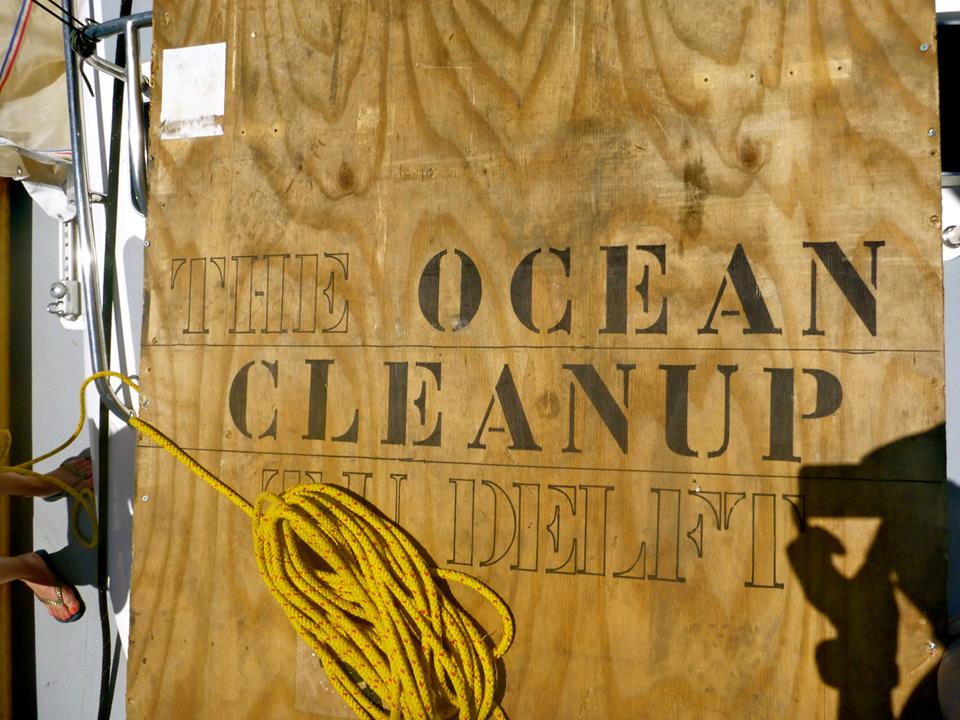









Great cause that is near and dear to my heart. Thank you for writing about and hopefully making even 1 person more aware 🙂
Great initiative indeed. Keep talking about the subject, Natalie!
I look forward to the day when all of us put even half as much time and effort into taking care of our beautiful planet as we do into ourselves. The most alarming thing about this time is that it is completely within our reach as humans to fix so much of what is wrong, but we all must act now. What a wonderful world it will be if this happens.
Thanks for posting this. Really important that people understand that recycling is actually critical. Somehow, people have become blase about it. What a great story it is, too… such a young person!